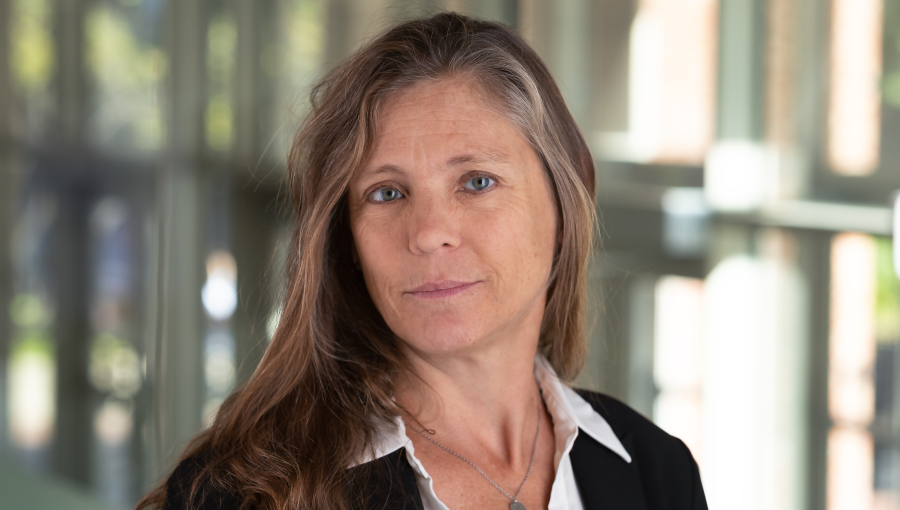The Future of Belarus: A Guarini Institute Discussion
On October 10, 2021, the Guarini Institute participated in the event “Belarus: La Terra Incognita – What’s Next?” with speakers Irene Hefer, Viktar Karanevich, Alexander Perepechko, Federigo Argentieri, Anna Zafesova, Marta Ottaviani, and Vadym Vetrov.
The event began with a discussion of the ongoing Nuremberg conference. The speakers expressed their hopes that one of the successes of the conference would be to label Alexander Lukashenko and his regime as “terrorist”. The speakers hoped that justice would be served for the more than 800 political prisoners in Belarus, and expressed their concern that a more accurate number of political prisoners in concentration camps could range up to 5000.
The speakers’ expectations for Belarus were largely based on guerrilla networks of those willing to fight against dictators like Lukashenko. One of the speakers is involved in the study of how historical groups combatted colonialism and totalitarianism, and uses these historical practices to inform those in Belarus. By providing information on the successes and failures of other guerilla resistance organizations, groups in Belarus are better prepared for the challenges they will face as they resist Lukashenko’s regime. Lukashenko is trying to kill social and civil society as we know it. His regime is shutting down free press, journalism associations, and language associations. He is arresting members of these groups without real cause and adding them to the country’s large group of political prisoners.
In an optimistic view, Belarus has a number of underground networks that aim to change the government by removing Lukashenko from power. This opposition is promising, in part due to the multilateral support between different wings of Lukashenko’s opposition. When conflicting groups are willing to work together for the common goal of removing Lukashenko, it demonstrates a unity of thought which is more likely to enact significant change. This unity poses a threat to Putin’s regime in Russia as well. The resistance and protests in Belarus provide a model for Russia to follow in the future, and they represent a strong desire and possibility for change.
In a more pessimistic view, Russia is a main determinant for the future of Belarus. Until something changes in Moscow, Lukashenko cannot be removed. He clings to support and assistance from the Kremlin to remain in power, in other words, Lukashenko without Putin’s support will be easier to defeat. Belarus may be moving in the right direction, but the people need more time in order to enact revolutionary change. Regime changes start from within, but it is hard to maintain optimism for change in Belarus without there being drastic changes in Russia. Regimes increase oppression, and those living under such regimes cannot go out and protest without significant personal consequences. How can resistance be expressed outside of these underground networks?
One problem for the future of Belarus is that it is operating under a personalistic dictatorship. Such dictatorship has no caution for the future, as it is based on self-interest and the current state of power. In this situation, the dictator gives no consideration to the nation’s best interest, only their own. There are no citizens here, just subjects under a regime. The same problem applies to Russia. Putin has no desire to compromise, no desire to step down, and no apparent means of exit without a violent situation. After making this assertion, the speakers turned to the question of what role the European Union can play in Belarus. They argued that Europe must support Belarus in their opposition to Lukashenko and that it could become a model by which Russia could also rid itself of Putin’s oppression. Removing Lukashenko would be a step towards allowing people to choose their own future. While skeptical of the EU’s management of foreign policy, the speakers urged that the EU must not give up on Belarus and its people, and it should put pressure on the government to let go of its political prisoners. The EU is missing out on an opportunity to show that it is faithful to the principles on which it was founded. In the past, it has demonstrated a lack of strategy and unitarian positions towards issues like those in Belarus, and it is time for this standard to change.
Belarus must be able to choose its future without Lukashenko and Putin, whose power undermines free choice. Final statements in the event included the assertion that nonviolent peaceful demonstrations are no longer effective against personalistic dictatorship, and that we need to hear more about what the people in Belarus want from the EU in order to ensure their freedom.
(Rebecca Halterman)





